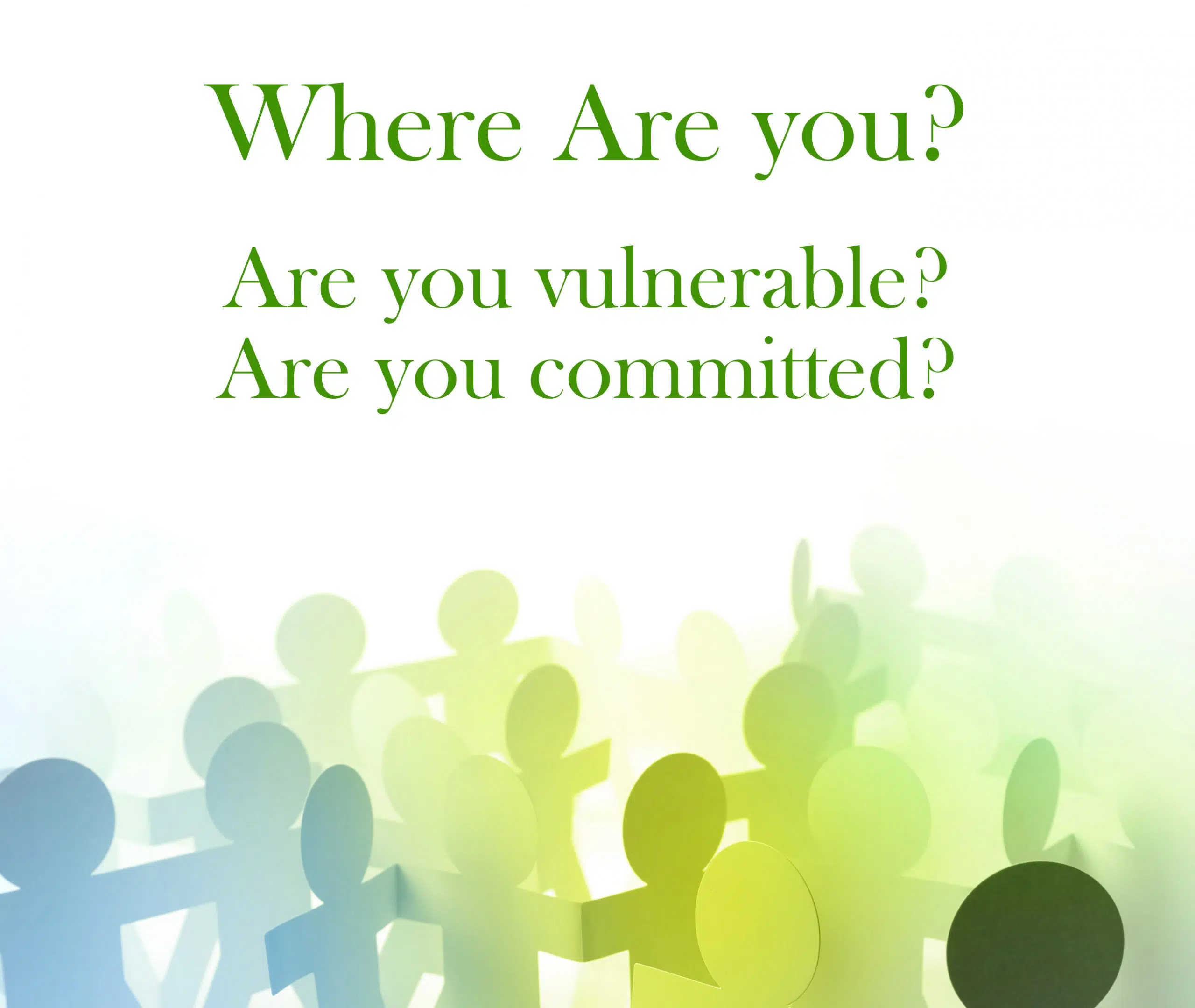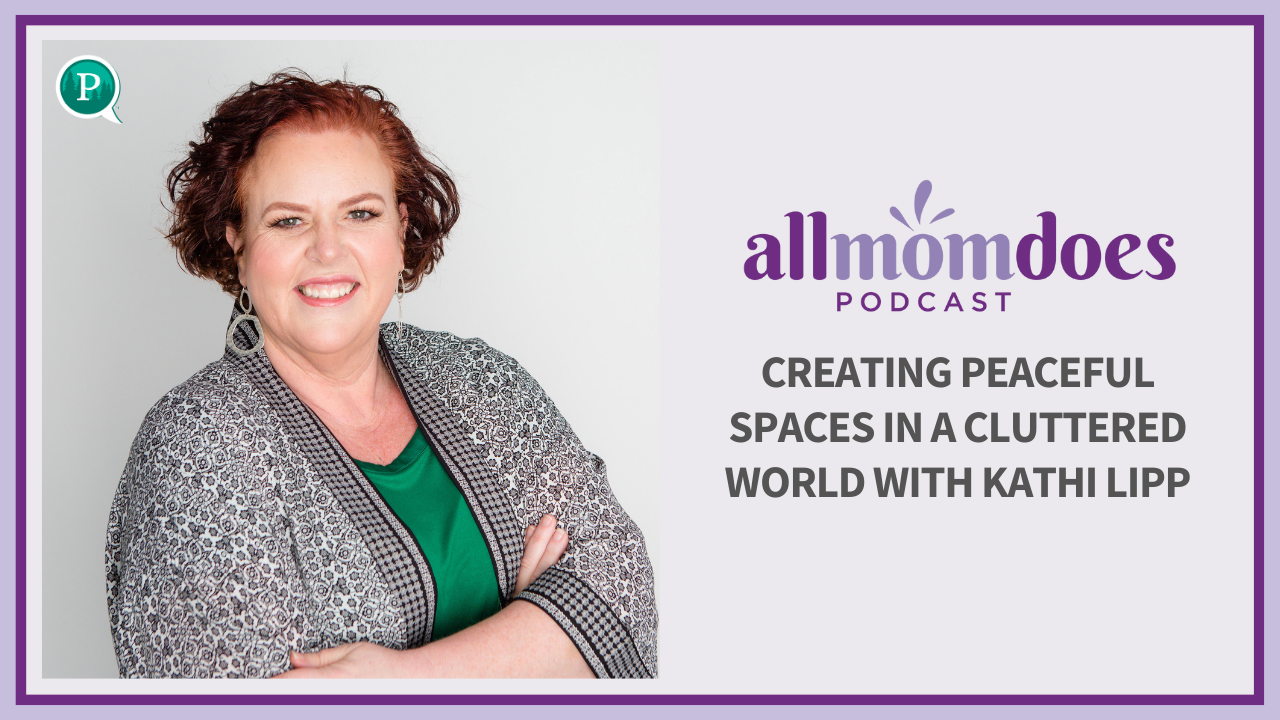When the cool evening breezes were blowing, the man and his wife heard the Lord God walking about in the garden. So they hid from the Lord God among the trees. Then the Lord God called to the man, “Where are you?” (Genesis 3:8-9 NLT)
The first question God ever asked was a simple one. “Where are you?” After Adam and Eve ate from the forbidden tree and realized they severed their perfect relationship with God, they hid. This cosmic moment was the first time fear and shame entered into our world. It was the catalyst for the duality of dependence and independence. God desired perfect communion with His creation but did not compel them to it. In His mercy, He gave them a choice. As soon as the decision was made to act against His desire, His heart grieved the loss of the unblemished relationship He wove with Adam and Eve. So, He pursued them to restore it.
God asked the question, “Where are you?” to the hiding couple. He could have lashed out at them for their misstep, but his slow and calm demeanor reveals to us thousands of years later how deeply God longs for whole relationships where nothing is missing and nothing is broken. He offered Adam and Eve the opportunity to confess and be reconciled with Him, and each other, setting up the prime example for how we should do the same.
We’re connected to so many people at so many levels almost all of the time. If we do find a moment apart from this connectivity, the quietness often causes introspection: What makes someone a friend? How vulnerable should we be with our small groups? the mom we meet in the line to pick up the kids at school? on our blogs? What do our interactions with others demonstrate?
In order to know how we can form community, we need to know where we are. Are we vulnerable? Are we committed? I like to think of relationships in four general categories:
Not vulnerable and not committed. These relationships are more acquaintances than friends. Perhaps a casual meeting in a grocery line. You likely won’t (and shouldn’t) open up about your deepest struggles with the woman at the cash register or count on her to help you through your trials. It’s okay to have these relationships, but if they are your only relationships, that’s a good indicator you need to intentionally pursue some vulnerable and consistent friends.
Vulnerable and not committed. Those who are vulnerable and not committed are people who have no problem opening up about their life and their struggles. This is an admirable trait to have, but it is one that needs to be used with discretion. The people in this group, although they can share freely, are not committed to anyone. Though they may be aware of how they can grow, they don’t let anyone in to help them.
Committed and not vulnerable. When someone is committed but not vulnerable, they have made a step to be in a group or have some kind of consistent relationships in their lives. However, they won’t share anything below the surface. In my experience, a lot of people who go to church fall in this category. They’re committed to serving and to showing up, but letting people in is difficult for them. It’s tough being vulnerable.
Committed and vulnerable. Out of the four groups, those who have committed and vulnerable friendships are generally in the healthiest relationally. They are open about the realities of life with a consistent group of people. Because of the trust built by being committed, the ability to be vulnerable is easier. People in this category can celebrate the good things in life, mourn the losses, and help carry each other as they grow closer to God and to each other. These are the vital relationships every person needs in place.
Today, ask yourself “Where are you?” Are you vulnerable? Are you committed?
Find out more about Anne’s new book & ENTER TO WIN!

















